"There are crimes of passion and crimes of logic. The boundary between them is not clearly defined."
— Albert Camus
SOCIETY PUNISHES EX-CONVICTS FOR LIFE
America punishes its criminals harshly. Beyond rapidly rising rates of
imprisonment, offenders leave jail or prison only to be subjected to a
variety of continuing restrictions, some lasting for life.
In certain cases these restrictions reflect reasonable concerns. Who,
for example, would argue that convicted child molesters should be
allowed to work in schools or day-care centers?
But many other restrictions on ex-offenders seem aimed more at
extending punishment than serving society. Take the Higher Education
Act of 1998, which bars ex-felons from eligibility for Pell Grants,
the largest type of federal student loans.
How can ex-offenders build better lives for themselves if they are not
allowed to compete for the same kinds of educational opportunities as
everyone else?
Many of the legal barriers that extend beyond the completion of a
prison sentence were adopted by Congress or state governments as part
of the "war" on crime and drugs. These include restrictions on
occupational licensing that prevent work in many types of jobs; access
to public housing and other types of social programs aimed at the
poorest Americans, and a variety of political rights (such as the
right to vote, to serve on juries and to hold public office).
The unintended consequence of these policies can be to promote the
very circumstances that led to crime in the first place.
In fact, with a growing majority of states now making a criminal
record public information, ex-offenders are effectively being branded
for life. Much of this information is easily accessible through the
Internet or from a number of private services.
Politicians point to the cases of murderers, terrorists and serial
rapists as the frightening menace that such laws and the profusion of
information about offenders protect us from. Yet such violent
offenders account for only a tiny fraction of the people being
released from prison each year. The majority are non-violent
offenders, many convicted for the first time.
Crime policy in recent decades has emphasized harsh punishment over
rehabilitation, and the problems of prisoner re-entry have become
increasingly difficult to ignore.
The sheer number of Americans ending up in prison is
staggering.
Last year alone, more than 600,000 Americans were released from
prison. More than 14 million Americans now carry a felony conviction
on their records.
The United States has the highest incarceration rate in the world, 6
to 10 times higher than that of most European countries. This
remarkable number of prisoners has led to growing bipartisan concerns
about how to help former offenders reintegrate into their
communities.
Even "tough on crime" President Bush included in his most recent State
of the Union address a surprising proposal to help ex-inmates. Dubbed
the Prisoner Re-Entry Initiative, Bush proposed to spend $300 million
over four years to help returning inmates find stable jobs and housing.
"If they can't find work, or a home, or help, they are much more
likely to commit crime and return to prison," Bush said.
The president is on the right track. Developing a more-successful
re-entry program would benefit prisoners and their families as well as
increasing public safety. Expanding job training and placement
assistance, providing help with transitional housing, and support for
counseling services would all help make reintegration much easier and
reduce the impetus to return to crime.
But the president's proposal does not go nearly far enough.
Helping ex-inmates find jobs, reconnect with their families and become
full citizens requires changes in the laws that prevent them from
achieving such goals.
Hundreds of jobs become off-limits to ex-offenders due to bonding or
licensure requirements. In many states, for example, a felony
conviction prohibits barbers, social workers, optometrists and even
car sellers from practicing their trade. Some of the largest sources
of stable employment, including the medical industry and the public
sector, impose extensive restrictions on people with criminal records.
If the goal is to move offenders from criminal activity to legitimate
employment, the proliferation of occupational restrictions serves the
wrong purpose.
Aside from the problems of finding steady work, ex-offenders face
serious challenges in securing stable housing. According to federal
housing policies, all public-housing authorities, Section 8 providers
and federally assisted housing programs are permitted or required to
deny housing to people with criminal convictions.
Private housing isn't much easier. In addition to the problem convicts
have accumulating a down payment or security deposit, many landlords
require references and criminal-history information from prospective
tenants.
For custodial parents who are sentenced to prison, loss of parental
rights becomes an increasingly common form of punishment. Two-thirds
of incarcerated women and more than half of incarcerated men are the
parents of children younger than 18. These numbers translate into more
than 1.5 million children with a parent behind bars.
Family reunification upon release is by no means guaranteed. The 1997
Adoption and Safe Families Act, for example, mandates termination of
parental rights for children who spend 15 months or more in foster
care. With average time served standing at more than 18 months, the
threat of permanent family dissolution is very real. Research has
shown foster care to be associated with a high risk of juvenile
delinquency and criminal activity, so our "protective" policies may
themselves be contributing to the next generation of offenders.
Even more alarming, people convicted of public-order offenses, drug
crimes and petty theft are thrown in with the most serious criminals
in the growing pool of ex-prisoners. In some cases the least serious
offenders are the worst off. Special provisions enacted as part of the
war on drugs impose restrictions on drug offenders that apply to no
other class of criminals. Certain restrictions on cash assistance and
food stamps, public-housing eligibility and student loans are targeted
at drug offenders.
Finally, millions of ex-offenders are also denied the most basic right
of citizenship in a democratic society: the right to vote. While we
expect ex-offenders to abide by the law, most states prevent those out
on probation or parole from voting, and 14 states prevent some or all
ex-offenders from voting for life. These restrictions are ironic
considering that almost all ex-offenders are citizens, and the Supreme
Court has repeatedly ruled that no one can be stripped of citizenship
because of a criminal offense.
Given the overwhelming problems that ex-offenders face, it is no
surprise that recidivism rates (that is, the likelihood of committing
further crimes) are so high. The costs for society, both financially
and in terms of public safety, are enormous.
http://www.prisontalk.com/forums/showthread.php?t=55179
I do not have much to say today, I think the article explains alot. This is just to show some insight. What I have been fighting, and facing. This blog is my outlet. Can this be fixed? I do not know, but this is what I am leaving behind. Some sort of Low Rent Legacy. It's better then nothing!
Subscribe to:
Post Comments (Atom)



































































































































































































































































































































































































































































































































































































































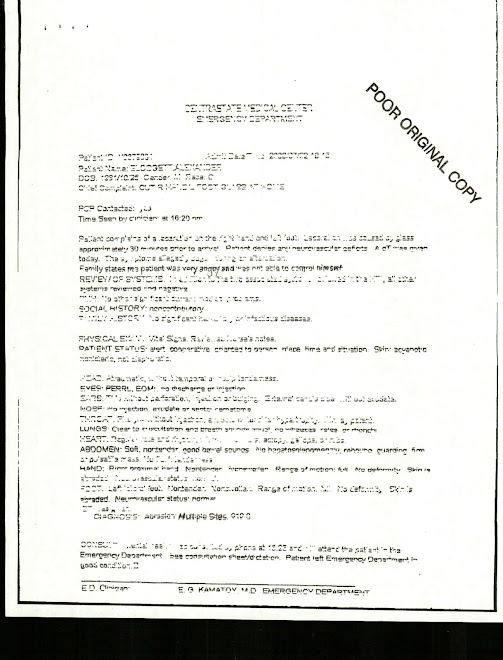
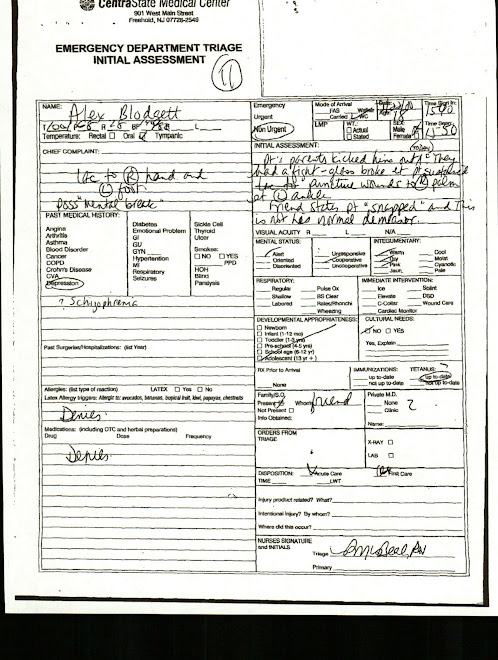


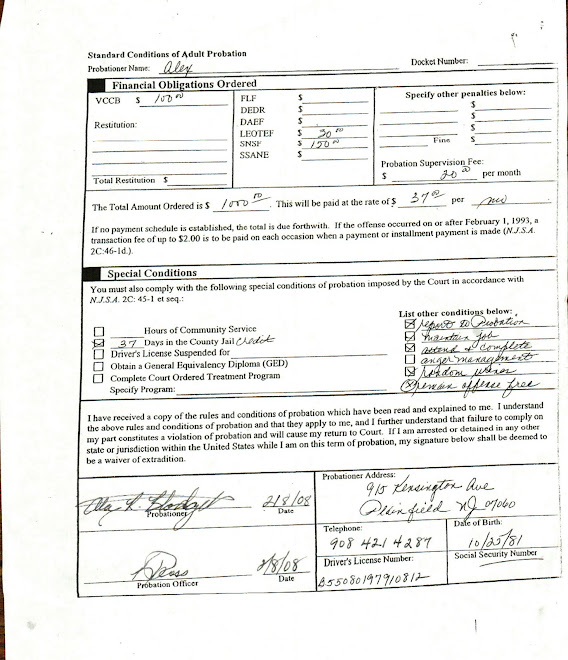


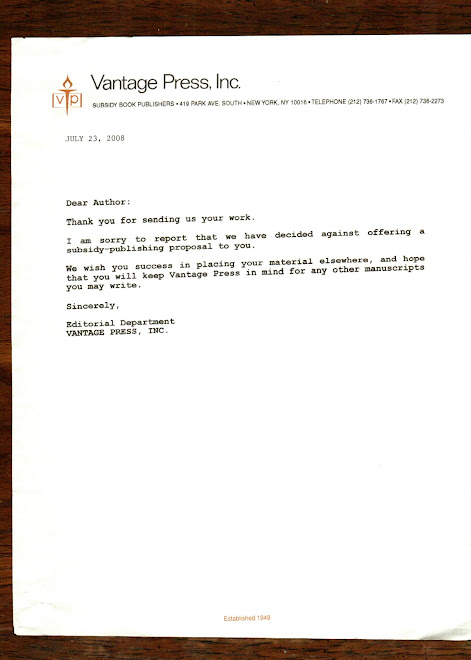
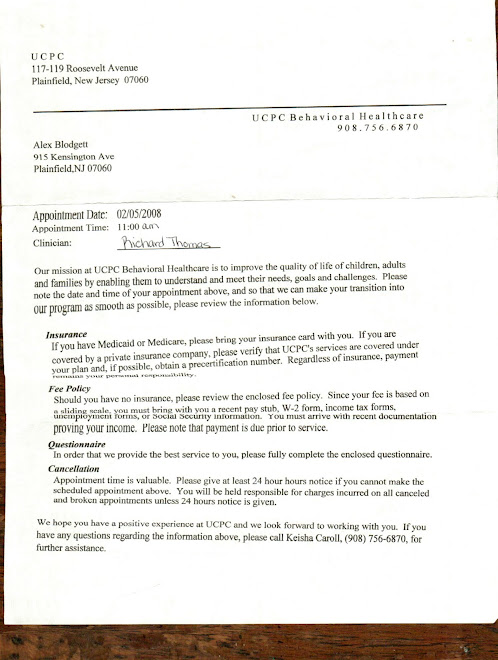
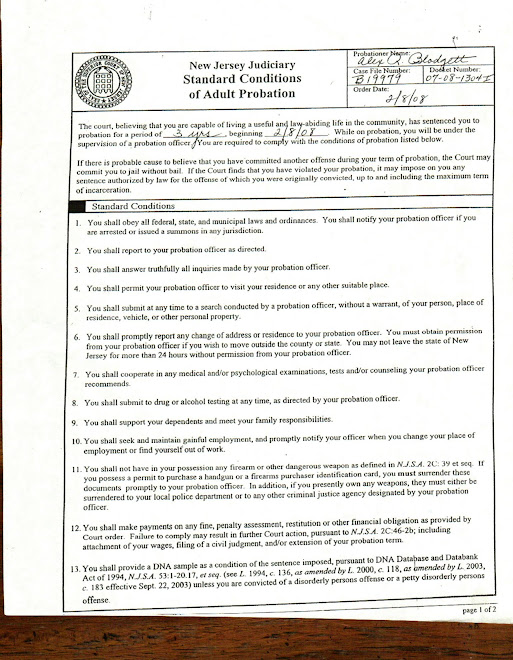
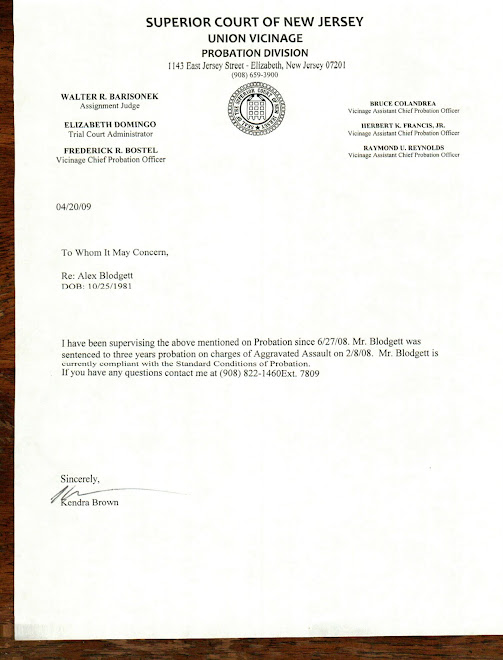
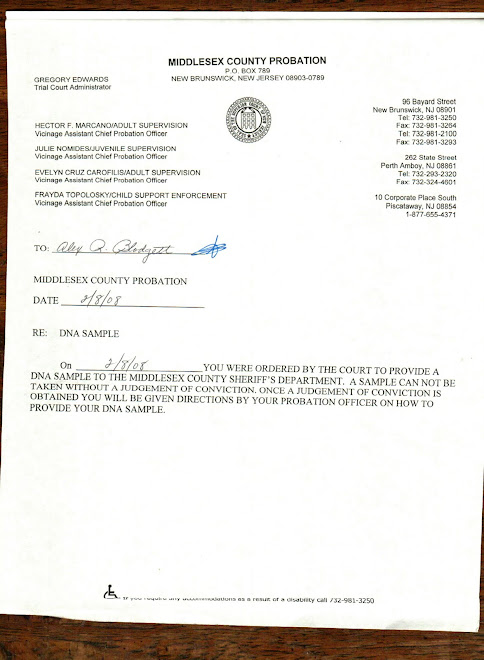
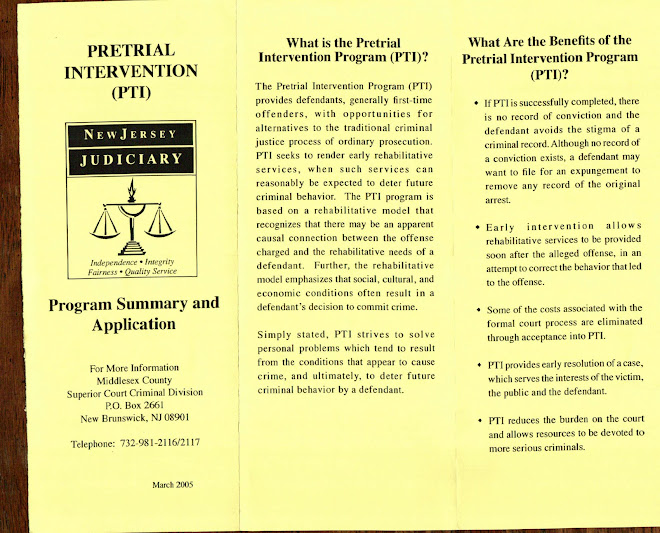
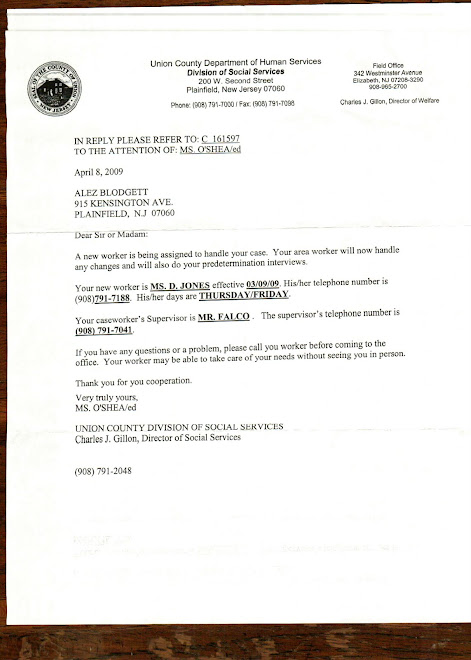
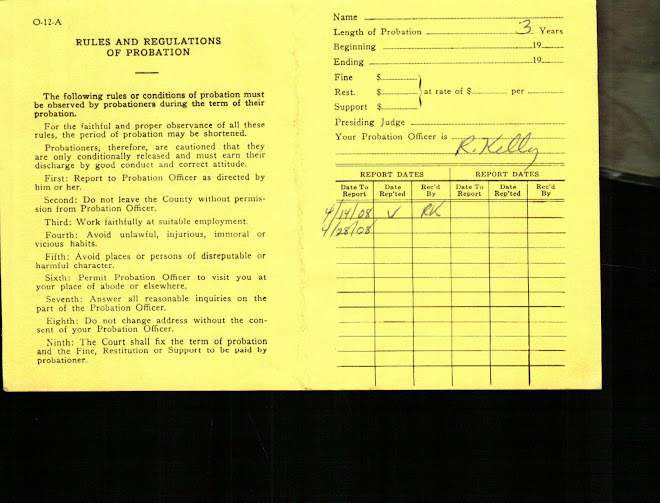
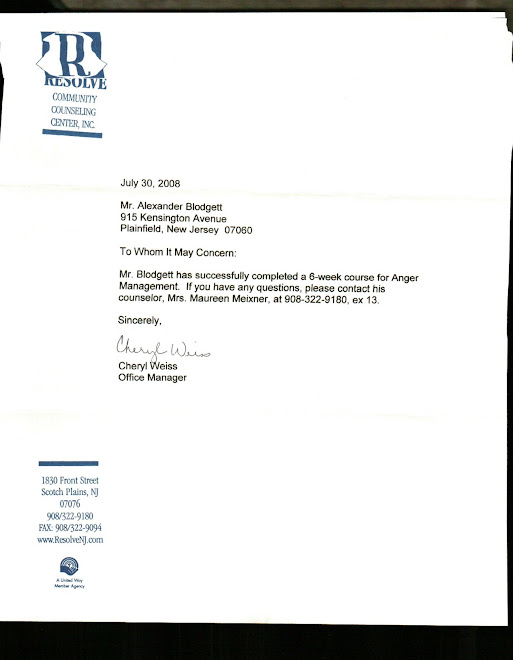
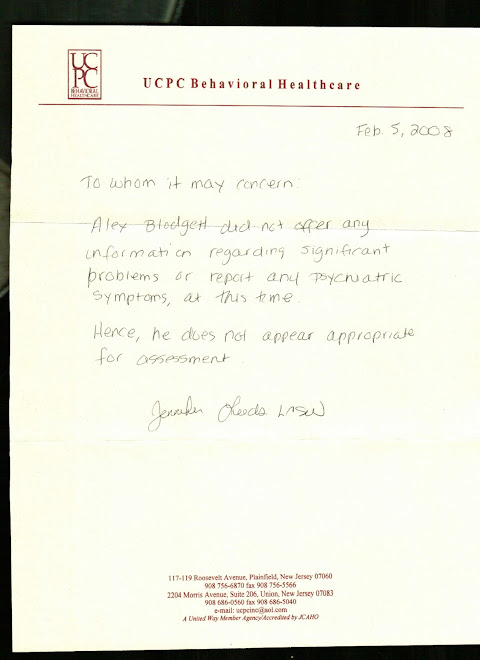
No comments:
Post a Comment